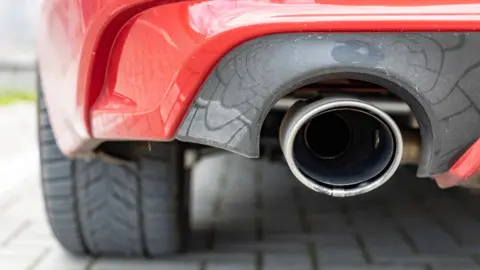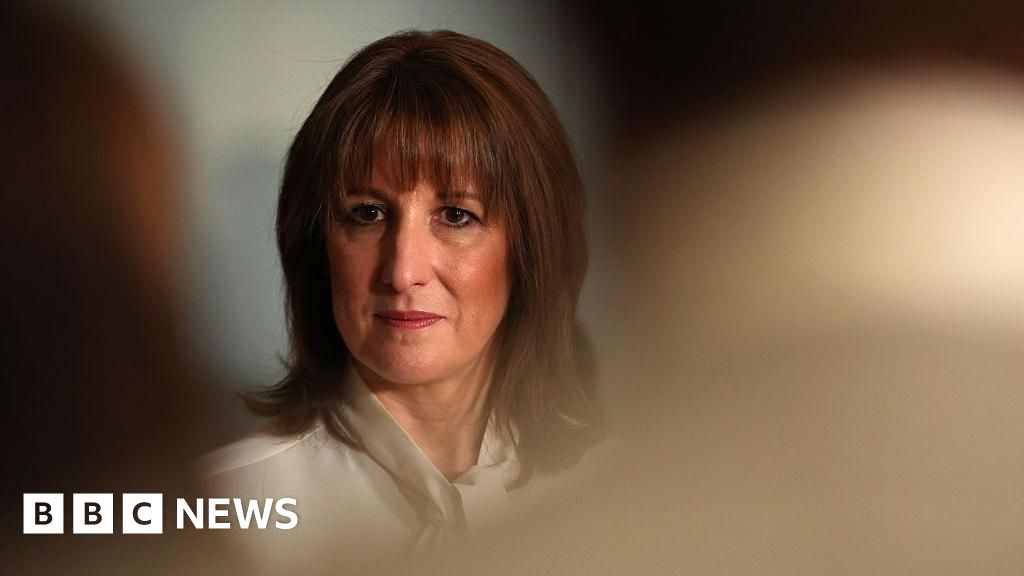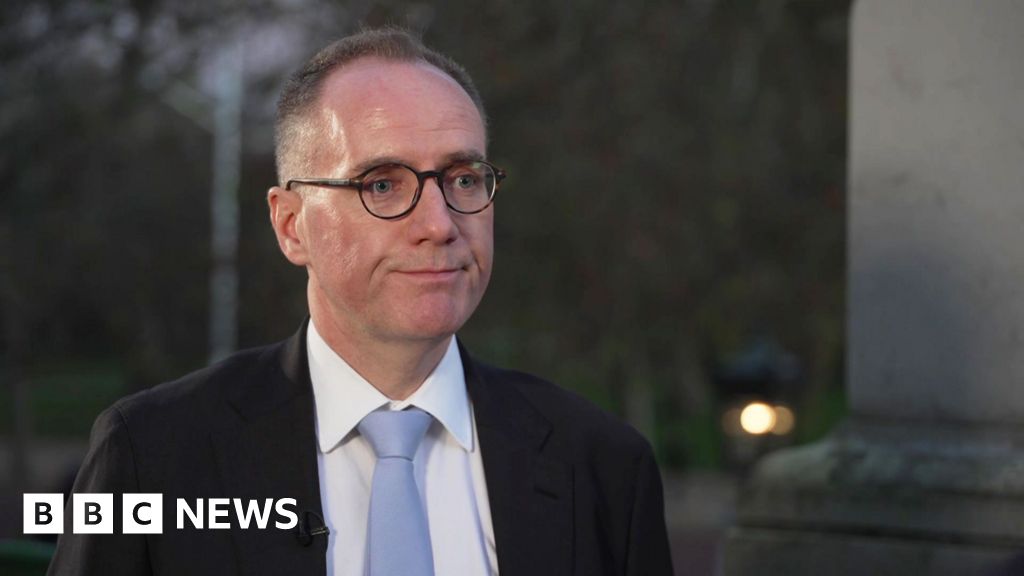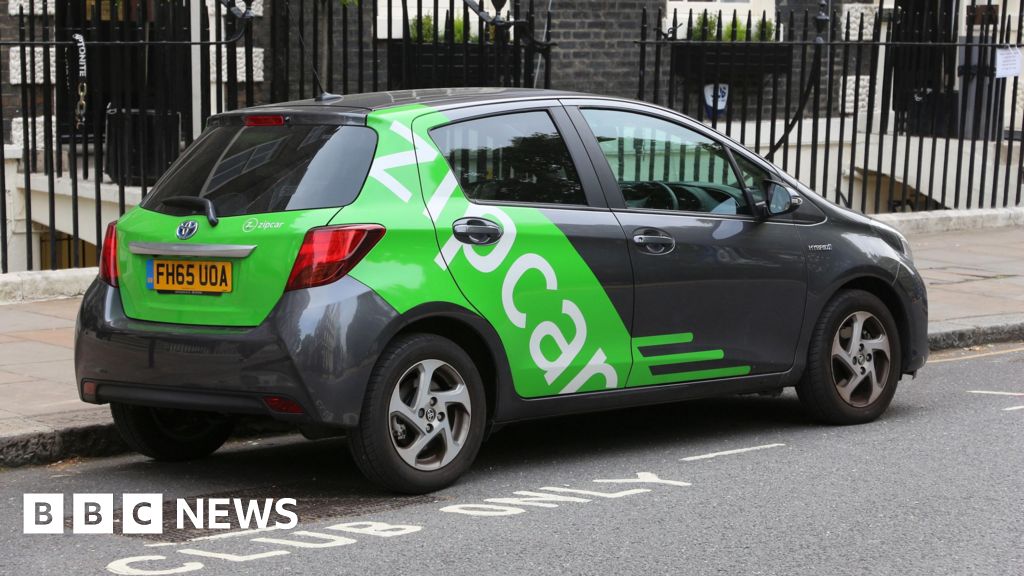Emer MoreauBusiness reporter

 Getty Images
Getty Images
A major lawsuit against five leading carmakers accused of cheating on emissions tests has started at the High Court.
The trial is the latest chapter of what has become known as the "dieselgate" scandal, with the companies facing allegations they used software to allow their cars to reduce emissions of harmful gases under test conditions.
Lawyers say the case is the largest class action in English and Welsh legal history, and could eventually involve 1.6 million car owners.
The five carmakers - Mercedes, Ford, Peugeot/Citroën, Renault and Nissan - all deny the accusations.
These companies have been chosen by the court as lead defendants to be tried first as the case is so big. They have been accused by 220,000 car owners of misleading them over emissions tests.
But depending on the outcome of this case, nine other carmakers are facing similar claims.
The dieselgate scandal first emerged in September 2015, when the US Environmental Protection Agency accused Volkswagen of installing software - known as "defeat devices" - on diesel cars to lower readings of the cars' nitrogen oxide emissions.
In 2020, the High Court ruled that Volkswagen had used defeat devices in breach of European Union rules to pass emissions tests.
Volkswagen settled a class action out of court, paying £193m to 91,000 British motorists.
The company has so far paid out more than €32bn (£27.8bn) over the scandal, mostly in the US.
The High Court will decide whether systems installed in diesel cars by the five carmakers were designed to cheat clean air laws.
It is alleged the "defeat devices" allowed a car to identify when it was in a test scenario. It would then run its engine at below normal power and performance levels in order to record lower readings of nitrogen oxides.
Lawyers for the motorists will claim they were deceived about how environmentally friendly the vehicles were, and that the cars still on the road are continuing to emit dangerous levels of pollution.
A judgement is not expected until summer 2026. If the court finds against the carmakers, a further trial to determine levels of compensation is expected to begin in autumn 2026.
Martyn Day of Leigh Day, which is one of the 22 law firms representing drivers, said: "A decade after the Dieselgate scandal first came to light, 1.6 million UK motorists now get their chance to establish at trial whether their vehicles contained technology designed to cheat emissions tests."
He said that if the allegations against the car firms are upheld in court it "would demonstrate one of the most egregious breaches of corporate trust in modern times".
"It would also mean that people across the UK have been breathing in far more harmful emissions from these vehicles than they were told about, potentially putting the health of millions at risk."
The companies involved have said the claims against them are without merit.
A spokesperson for Mercedes said the mechanisms used in tests were "justifiable from a technical and legal standpoint".
Renault and Stellantis, which owns Peugeot and Citroen, said the vehicles it sold were compliant with regulations at the time.
Ford said the claims had "no merit" and Nissan said it was "committed to compliance in all markets in which we operate".



 Movie
Movie 1 month ago
147
1 month ago
147 




![Presidents Day Weekend Car Sales [2021 Edition] Presidents Day Weekend Car Sales [2021 Edition]](https://www.findthebestcarprice.com/wp-content/uploads/Presidents-Day-Weekend-car-sales.jpg)




 English (United States)
English (United States)